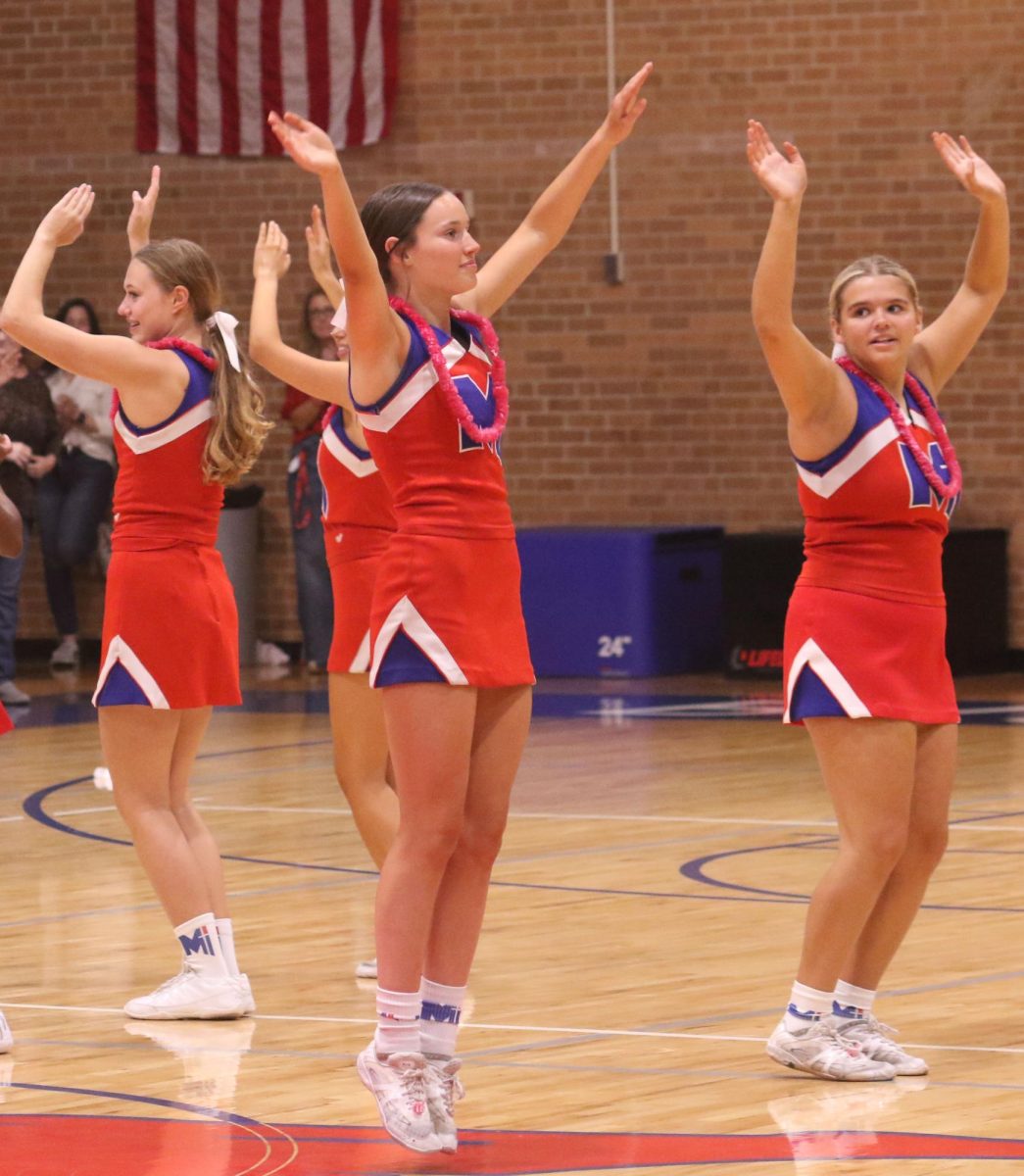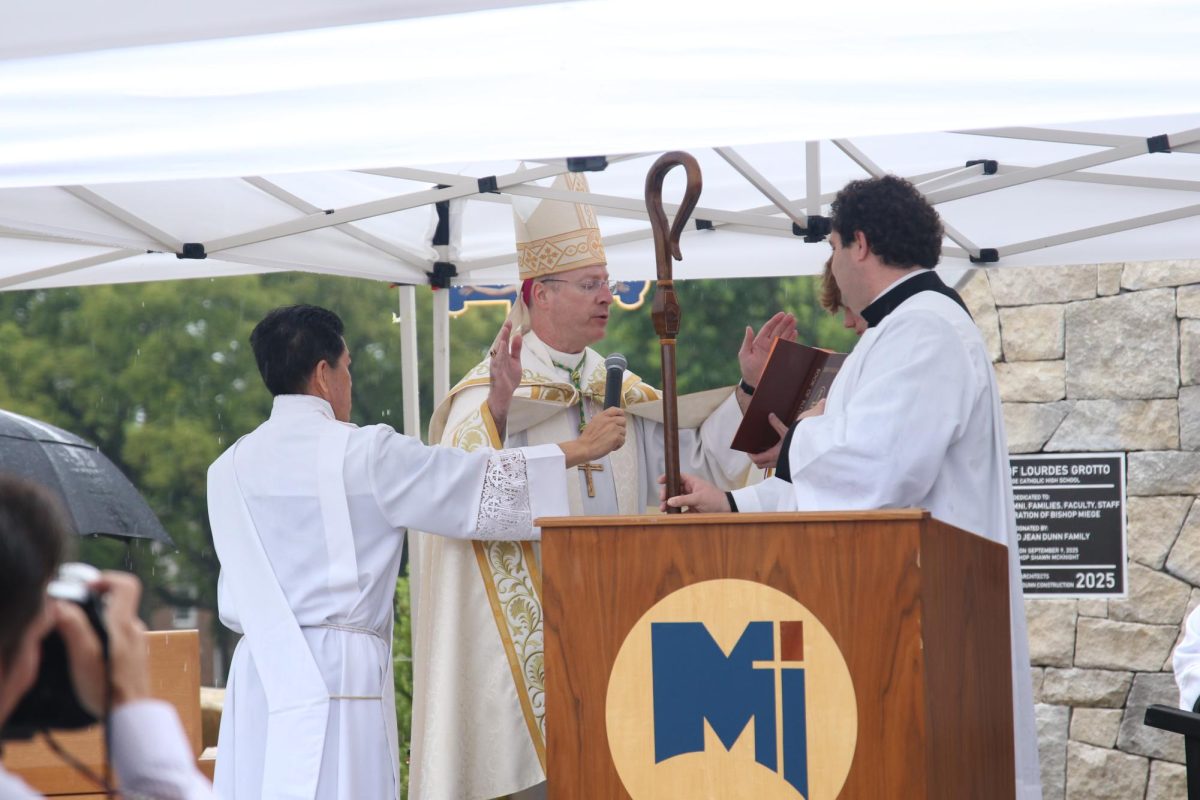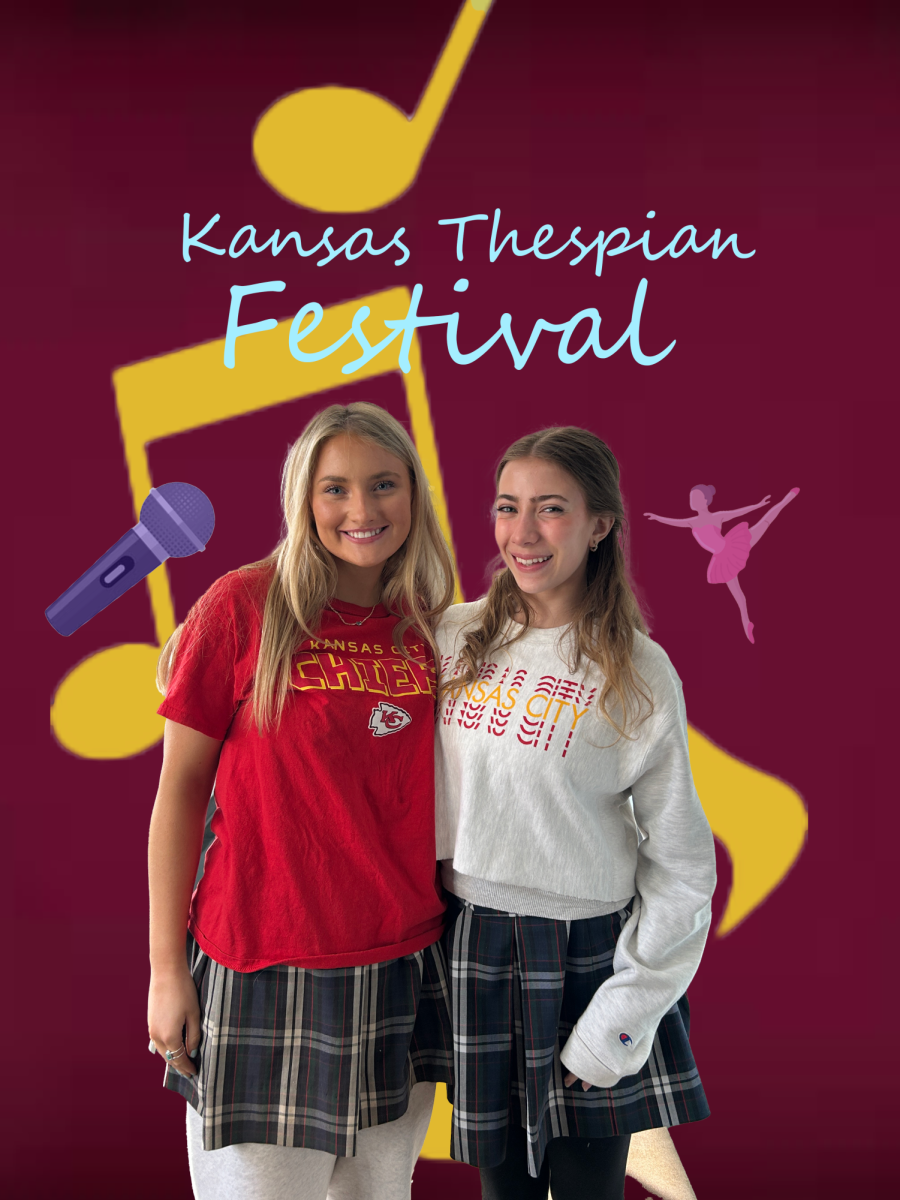Last year, the Free Application for Financial Student Aid “FAFSA” received requests from 17.5 million students nationwide for education grants to pay for college. This statistic stems from a 2022 report by Bankrate, with new changes expanding FAFSA eligibility to 610,000 more students. Multiple modifications are presently underway by the Federal Student Aid to meet student needs.
One of the changes includes the identification process of the term “contributor” on FAFSA forms, which has been redefined to anyone asked to provide consent for tax transfers. The general need for consent regarding student aid is a new requirement as well. A social security number for creating a StudentAid.gov account—the website used to submit requests—is no longer required, and financial need is now determined by expected family contributions rather than gross incomes.
These redesigns are intended to make the grant process smoother for students wishing to attend college from low-income backgrounds. According to guidance counselor Evelyn Lopez, FAFSA is worth applying to regardless of how likely a student expects their request to qualify.
“I think everyone might as well apply,” Lopez said. “It may not only qualify you to receive federal aid such as Pell Grants or low-interest loans but it’s sometimes also a requirement for scholarships that (students) apply for. It’s really important to apply for FAFSA – plus it’s free, and they’re making it easier to apply so it makes sense to just do it.”
The FAFSA application process will open to current seniors on Dec. 1, but some seniors create their accounts beforehand to be prepared. Senior Alessandra Ledesma decided to start the process early to increase her chances of receiving financial aid.
“(FAFSA) takes multiple things into account but at the time you do it matters because I know if you apply when it first opens, you have a higher chance of getting more money,” Ledesma said. “So a lot of people like myself go in and try to do it on the first day, and having an account ready will make that quicker.”
Last year, students experienced a series of computer glitches that caused lost progress and slowed down the application process.
College counselors from local universities such as the University of Missouri Kansas City (UMKC) offer their support to current seniors navigating FAFSA through informational talks. Guidance counselor Elaine Schmitdberger spoke with UMKC’s financial aid director Kaje Stanford and is recommending that her students attend.
“People were worried that the revamp was going to be bad for them, but the outlook is promising,” Schmitberger said. “We had our own FAFSA judgments from last year, but they have said financial aid was expected to be higher than traditionally before: so that’s a very good thing.”
Students have more time to become familiar with the process due to the application date being extended two months back from the prior Oct. 1 opening. According to Schmitberger, the purpose of this extension is to take stress off students during potentially busy times. Seniors faced struggles in applying last year, but she expresses the hope that current seniors do not fear their journeys.
“Last year it was seriously bad and FAFSA completions were 30% down compared to any year prior,” Schmidtberger said. “This ended up with people that just didn’t fill it out, so that was tough, and I know a lot of seniors this year are fearing the unknown. But I am confident FAFSA is going to be better this year and all of us (counselors) are always here to help.”






